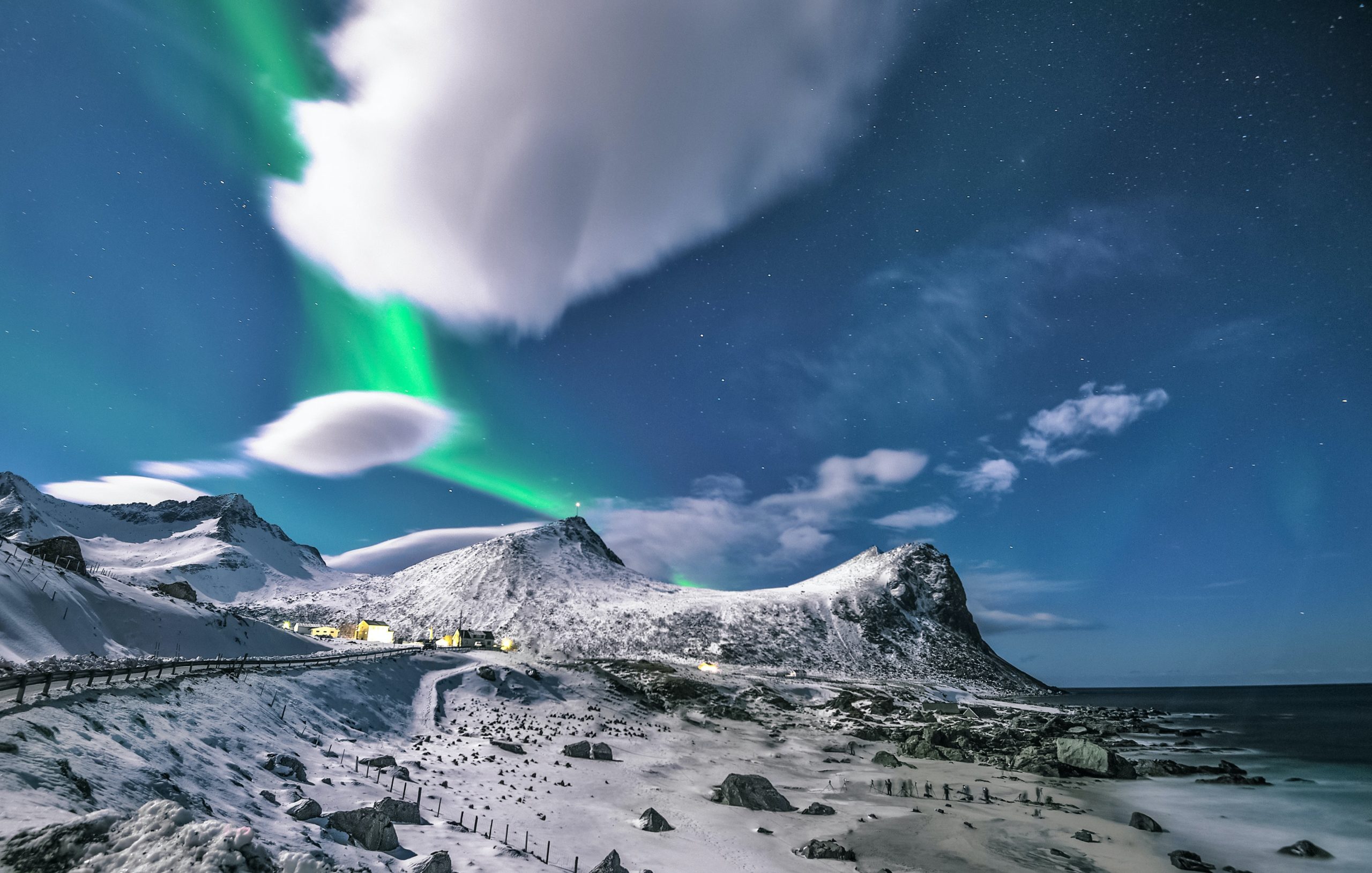As teenagers, you’re often told about the issues facing the world, such as climate change, deforestation, pollution, and loss of biodiversity. It’s easy to feel overwhelmed and perhaps even a little bit powerless. However, you shouldn’t be disheartened, there are numerous ways you can make a positive impact! This article will explain some basic concepts in environmental science, along with suggestions on how you can take action today.

Understanding Environmental Science
At its heart, environmental science is a ‘multi-disciplinary’ field that combines biology, chemistry, geography and more to understand the complex interactions of the Earth’s systems. The natural world is an intricate and interconnected web of relationships between organisms and their environments, and environmental science seeks to understand these relationships and how human activity can affect them.
Climate Change
Climate change is one of the most pressing environmental issues of our time. It refers to significant changes in global temperatures and weather patterns over time. Human activities, primarily the burning of fossil fuels like coal, oil, and gas, have increased the concentration of greenhouse gases in the Earth’s atmosphere, causing our planet to heat up.
What can you do? Small changes like walking or cycling instead of using a car, switching off lights and electronics when they’re not in use, or using a reusable water bottle instead of buying bottled water, can collectively have a large impact. You can also advocate for renewable energy and engage in conversations about the importance of reducing carbon emissions.

Biodiversity Loss
Biodiversity refers to the variety of life on Earth at all its levels, from genes to ecosystems. Biodiversity loss—often due to habitat destruction, overconsumption, pollution, and climate change—threatens the balance of our ecosystems.
What can you do? Planting local native plants in your garden or community spaces provides habitat for local wildlife. Reducing, reusing, and recycling can limit the amount of waste that ends up in natural habitats. You could also support organisations that protect endangered species and their habitats.
Pollution
Pollution is another critical environmental issue. It can take many forms, from litter in our parks to plastics in our oceans and toxic chemicals in our air.
What can you do? Reusing items, recycling, and avoiding single-use plastics can all help to reduce pollution. Picking up litter when you see it can also make a big difference in your local area.

What Else Can You Do?
1. Learn and Share
Educate yourself about environmental issues and share your knowledge with others. Read books, watch documentaries, and follow credible sources of news and information.
2. Make Conscious Choices
Every day, make choices that are good for the environment. Whether it’s choosing sustainably produced food, reducing water usage, or buying fewer new items, your choices can make a difference.
3. Get Involved
Join or start a club at school, participate in local community events, or volunteer with environmental organisations. Actions speak louder than words, and collective action can lead to significant change.
4. Speak Up
Use your voice to express your concerns about the environment. Write to your local MP, participate in peaceful protests, or use social media to raise awareness about environmental issues.
In conclusion, remember this: no action is too small. When many people make small changes, big things can happen. So, let’s roll up our sleeves and get started. Because the world needs us, and we have the power to make a difference!




